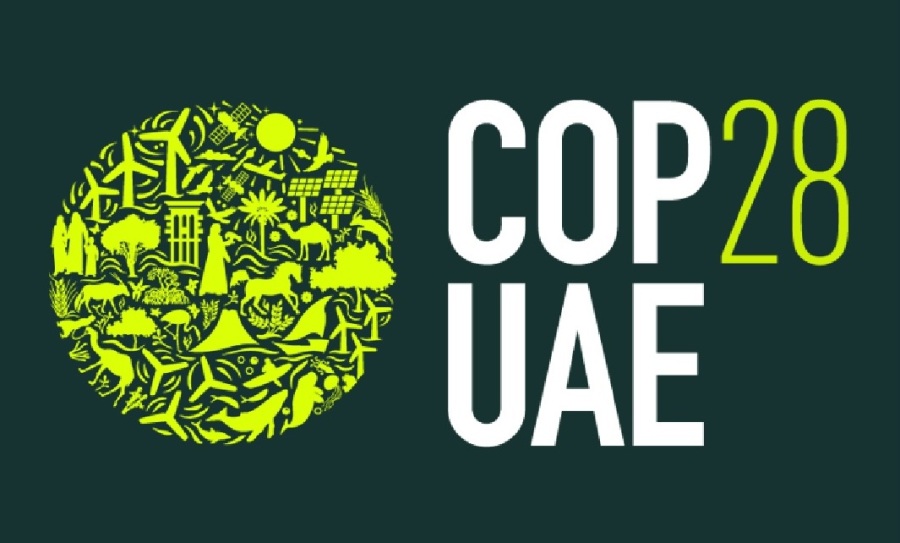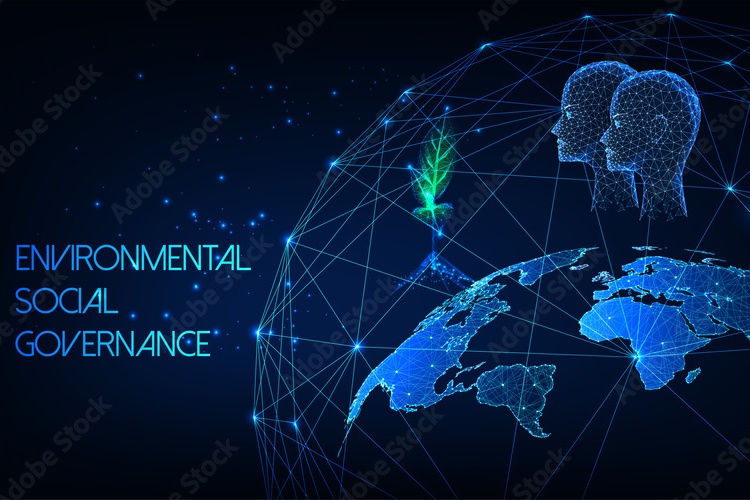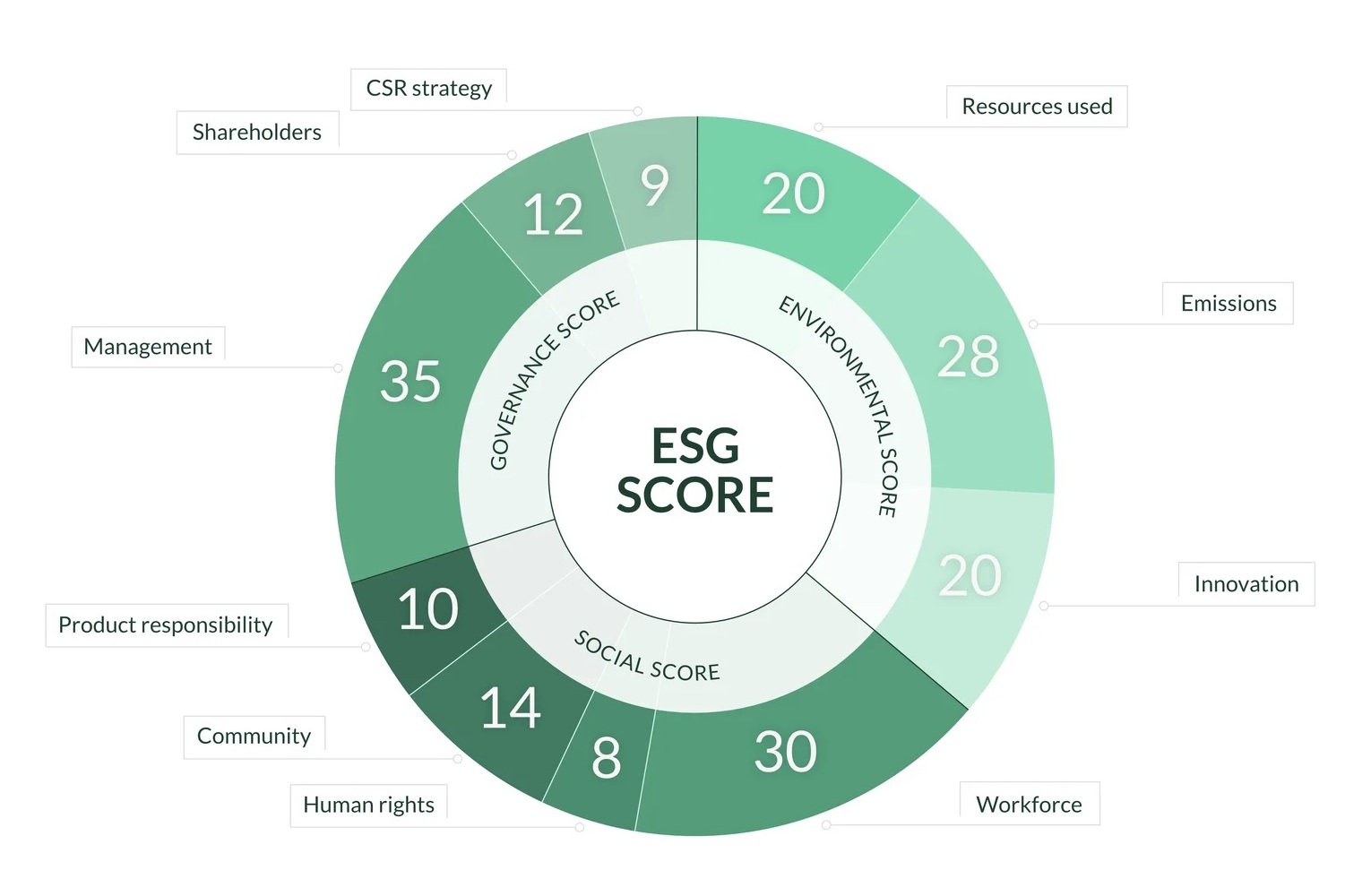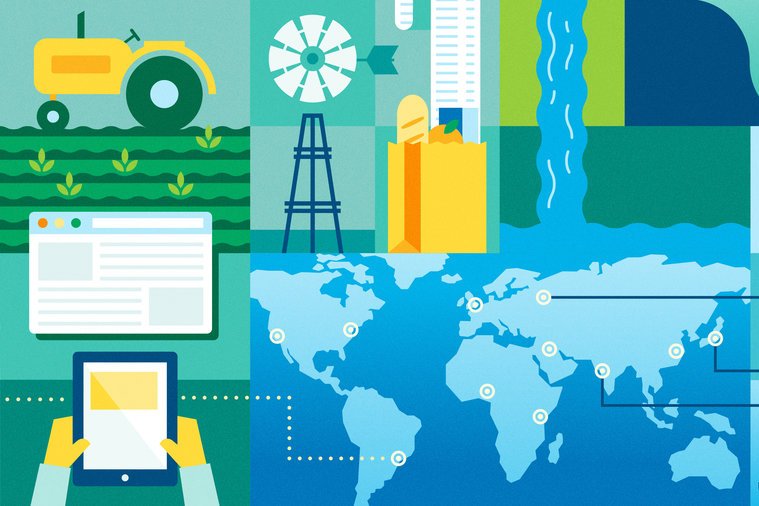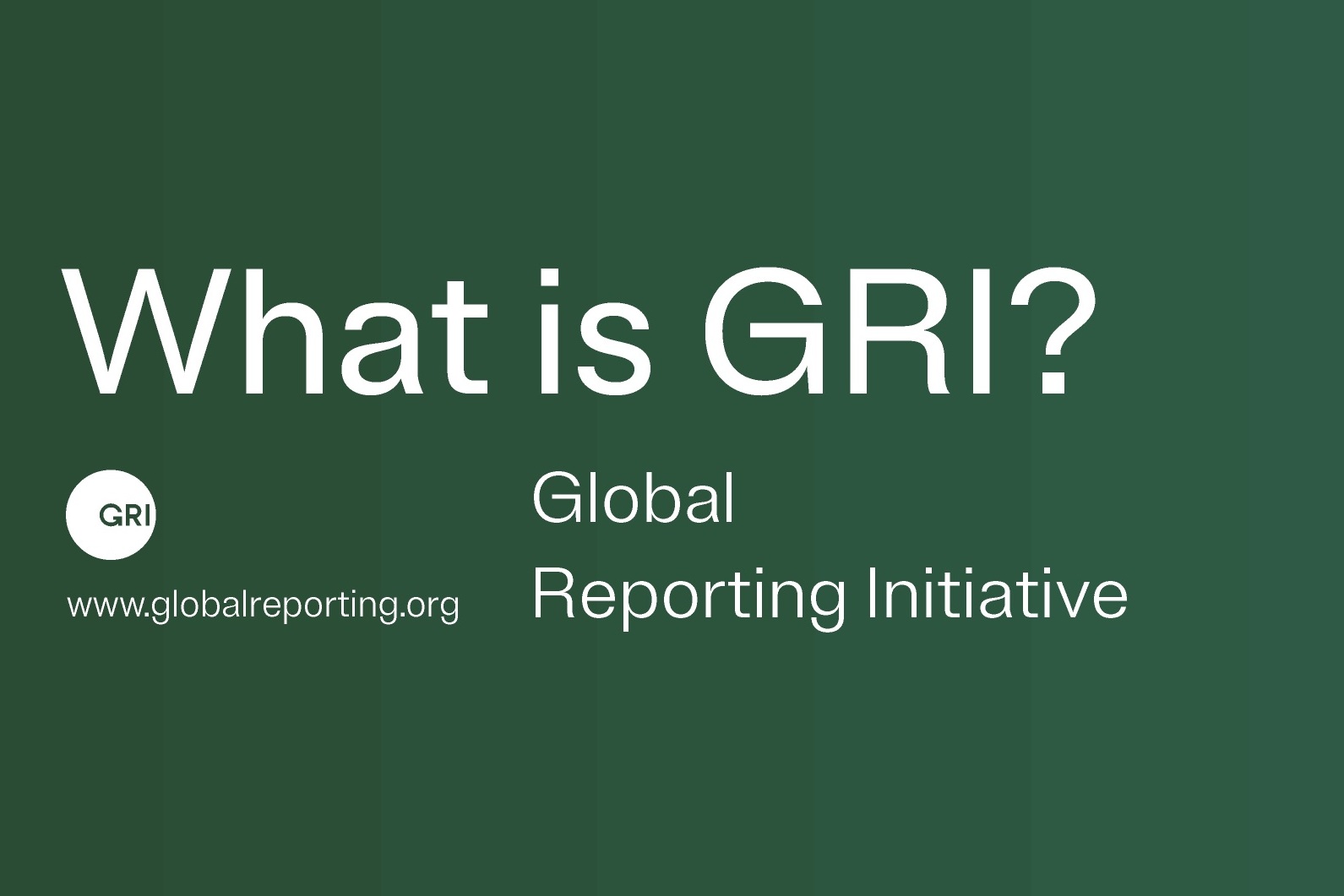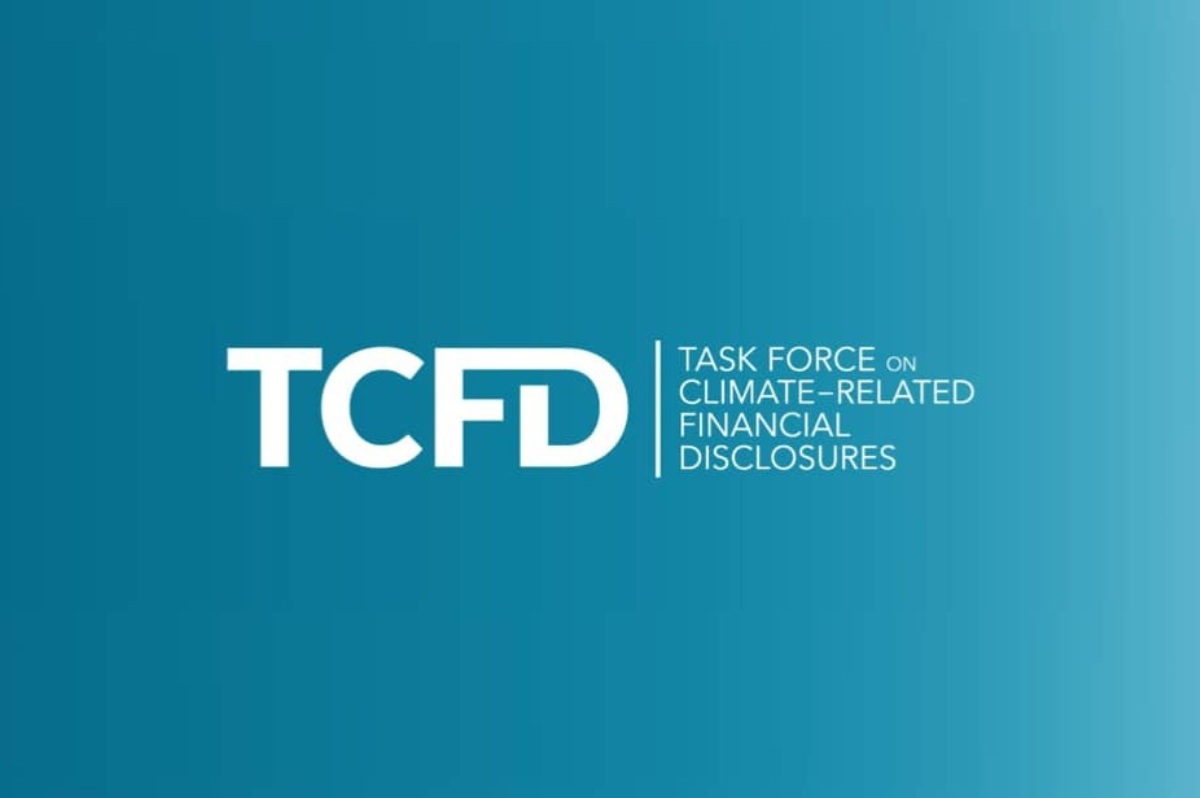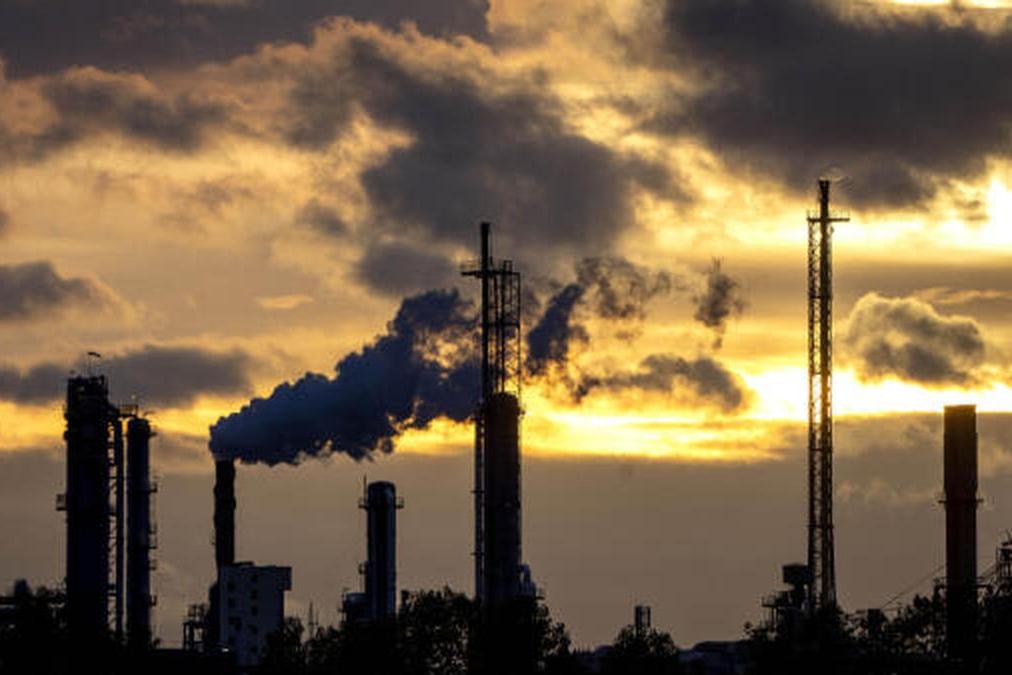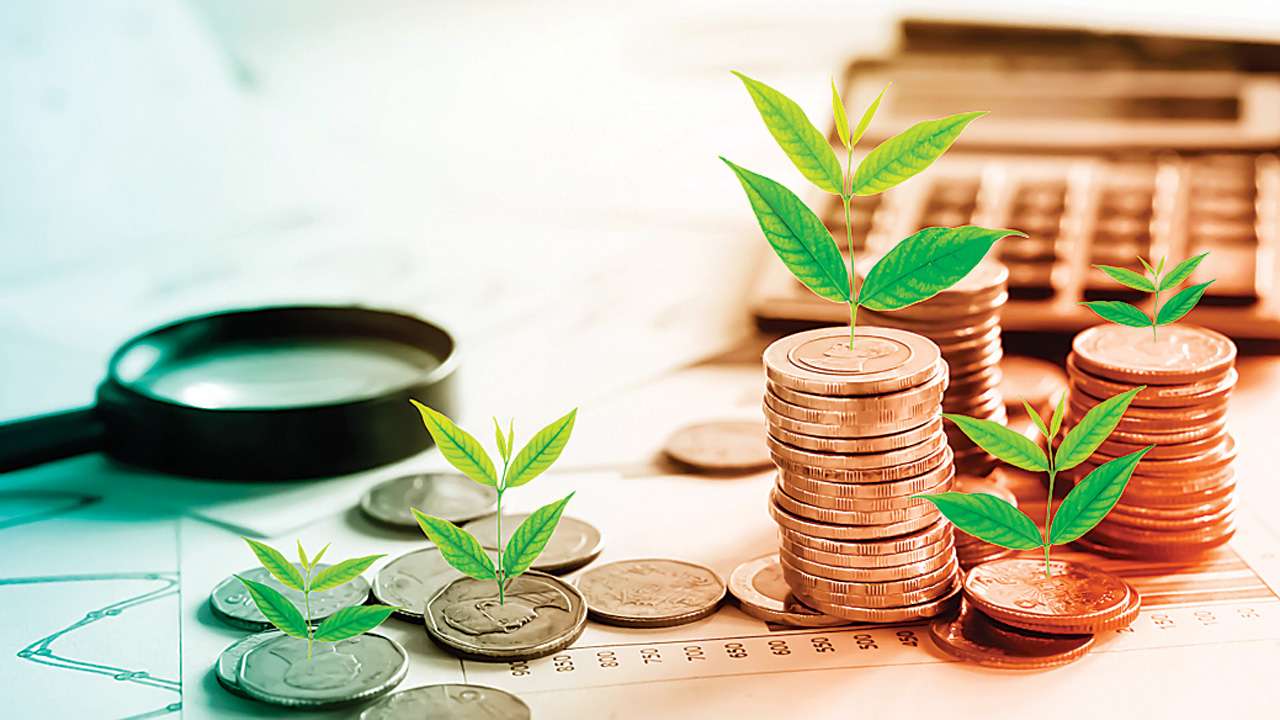Kickstarting today, November 30, 2023, the world will witness a landmark event with nearly 200 countries participating to debate and mutually proceed towards a coordinated action for climate change mitigation. A 13-days event referred as COP28, taking place in Dubai, is a critical opportunity to accelerate climate action and put the world on a more sustainable path. The key highlights to take centre stage at the global climate conference include climate finance, integrated resilience action, net zero emissions, renewable energy transition, carbon management, Global Stocktake and limiting the global temperatures to 1.5 degree.
What’s COP28?
COP28 is 28th ‘Conference of Parties’ or global conference driven by the United Nations (UN) with the objective of bringing in various stakeholders - governments, civil society, NGOs and think tanks of different countries on a common platform to plan and execute ways and means for the mitigation of climate change and global warming. The annual event is also known as ‘Conference of the Parties’ or ‘COP’ and includes governments and negotiating parties that have signed the UN Framework Convention on Climate Change (UNFCCC), the Kyoto Protocol and/or the Paris Agreement.
The event, which is hosted by a different country every year, has evolved with time. It started to make headlines with COP21 in 2015 wherein it drove the world's attention on how to implement the Paris Agreement. The agreement aims to cap the rise in global temperatures at 1.5°C above pre-industrial levels, while also adapting to climate change, bolstering resilience, and redirecting financial investments toward a trajectory focused on minimal greenhouse gas emissions and fostering climate-resilient development.
Significance of COP28 - why is it Important?
The National Oceanic and Atmospheric Administration (NOAA) recorded the warmest September in 2023 and predicted to end 2023 as the warmest year. The world grapples with many unprecedented upheavals caused by a warming planet including raging wildfires, devastating floods, unrelenting heatwaves, melting glaciers, increased viral diseases, etc. To add to it, the UN’s Global Stocktake assessment report clearly conveys that we as a global family are off track to meet our climate change aspirations.
Hence, immediate and courageous steps are crucial for the welfare of our planet, and the moment to take them is upon us. COP28 represents our worldwide chance to intensify our endeavors.
A Sneak Peek into COP28 Events and Schedule
|
Nov 30
|
Opening Day
|
Dec 6
|
Multilevel Action/ Urbanization and Built Environment/ Transport
|
|
Dec 1
|
World Climate Action Summit
|
Dec 7
|
Day of Rest
|
|
Dec 2
|
World Climate Action Summit
|
Dec 8
|
Youth, Children, Education and Skills
|
|
Dec 3
|
Health, Relief, Recovery and Peace
|
Dec 9
|
Nature, Land Use, and Oceans
|
|
Dec 4
|
Finance/ Trade/ Gender Equality/ Accountability
|
Dec 10
|
Food, Agriculture and Water
|
|
Dec 5
|
Energy and Industry/Just Transition/Indigenous Peoples
|
Dec 11-12
|
Final Negotiations
|
Pre-developments to COP28
|
Pope Francis cancels Dubai trip due to illness
|
|
PM Narendra Modi to take part in World Climate Action Summit
|
|
UNCTAD's 8th World Investment Forum partners with COP28 to advance dialogue on climate finance and investment
|
|
UAE eyes COP28 and climate talks to make oil deals
|
|
West Asian countries to launch new climate initiatives at COP28
|
|
India unlikely to join the Global Cooling Pledge
|
What’s happening in parallel - UN’s Emissions Gap Report 2023
The assessment in the UN Emission Gap Report 2023 reveals advancements since the signing of the Paris Agreement in 2015. Initially, the policies in place suggested a 16% surge in greenhouse gas emissions by 2030 from the time of the agreement's inception. Presently, the anticipated increase stands at 3%. Nonetheless, to align with the Paris Agreement's pathways of limiting temperature rise to 2°C and 1.5°C, greenhouse gas emissions by 2030 need to decline by 28% and 42%, respectively, signaling a substantial gap that still requires bridging.
Healthcare community calls for accelerated phase-out of all fossil fuels
A staggering number - 46 million healthcare professionals wrote a letter to COP28 president Sultan Ahmed Al-Jaber to ensure an accelerated phase-out of all fossil fuels by the countries at the event. Amid the recurring and new climate related issues, Global Stocktake will take the centre stage. The Global Stocktake will conclude at the event, providing a roadmap to accelerate climate action.
What are the Priorities and Major Focus Areas at COP28?
UN Global Stocktake
Just before the COP28, the UN Secretary-General has announced that the world is ‘woefully off-track’ with progress towards meeting the climate goals. Thus, Global Stocktake, which is the most anticipated topic among all at the climate conference. It's a mechanism to take stock of what are countries doing and not doing to meet the goals of the Paris Agreement. It’s like taking inventory. It also means assessing the gaps as a whole on climate action and support, and working together to agree on solutions pathways towards 2030. We may see negotiations unfolding for a better future with a more resilient action.
Climate Finance & Loss & Damage
Besides the UN Global Stocktake, climate finance will also take a centre stage at the climate conference. Many developing countries are disproportionately affected by the climate change and find it challenging to draw funding for mitigation and climate change adaption. Dearth of technology and its know-how adds to their woes.
It was an ongoing debate that hadn’t seen the daybreak till COP27 in Egypt happened and the developed economies agreed to provide funds to the countries vulnerable to climate change. Developed countries were unwilling to provide funds to the developing nations to fight the climate change effects, while the developing nations had their share of limitations of funding and adaption. However, in the previous chapter of COP, the developed economies have agreed to come to the rescue of the vulnerable nations. We may see some a breakthrough in this regard in the COP28. Delivering on the promises and a new finance deal via a framework for funding might be one of the breakthrough outcome of the event. Providing funds to these nations means ensuring action on a fastrack basis to limit the global temperatures to 1.5 Degree Celsius.
Speeding Up Clean Energy Transition
Rising global temperatures and the extreme weathers put the transition to clean energy as the top priority areas to address by the global leaders. As the power sector accounts for 30% of the global emissions and the trade related activities – production and transportation (highly dependent on oil and power) adds to over 25% of the global emissions, and with a projected twofold increase in electricity consumption by 2050, we have to triple our renewable energy capacity by 11,000 GW by 2030. To make the parties more action-oriented, the COP28 Presidency has introduced the Energy Transition Changemakers Initiative. We may see reporting, case studies and successful initiatives run by the parties in solar, wind, geothermal, hydro, bioenergy and ocean energy. Countries like Paraguay, Norway, Congo, and Iceland are prime examples of fully transitioning to renewable energy sources for their needs. This has to be followed by all the nations across the globe. How quickly can we do it, is the question? COP28 might have an answer to it with some concrete goal-setting.
Importance of People, Nature and Livelihood
Frameworks, debates, plan of action or negotiations, anything and everything that’s being anticipated at the COP28 will have nature, people and the livelihoods at the centre. The idea is to help the most vulnerable communities and lives adapt to the change that’s already taking place.
Human health has been greatly affected by the climate change across the world. Air and water pollution alone negatively impacted millions of lives in developing countries and urban establishments. Lack of good air quality and water shortages pose a greater threat to the human health in the times to come. It's for the first time at COP that a full day is dedicated to the theme of “protect lives and livelihoods and support community resilience and stability”. High-level discussions will unfold around health, relief, recovery and peace.
Inclusivity
Another crucial factor that will gain a lot of importance at the global climate conference is inclusivity. The though-leaders and the governments have eventually understood that inclusivity is critical to decision making. Thus, locals and the indigenous people have to be included in any discussion and decision. In fact, decisions must be taken in collaboration with the indigenous people.




